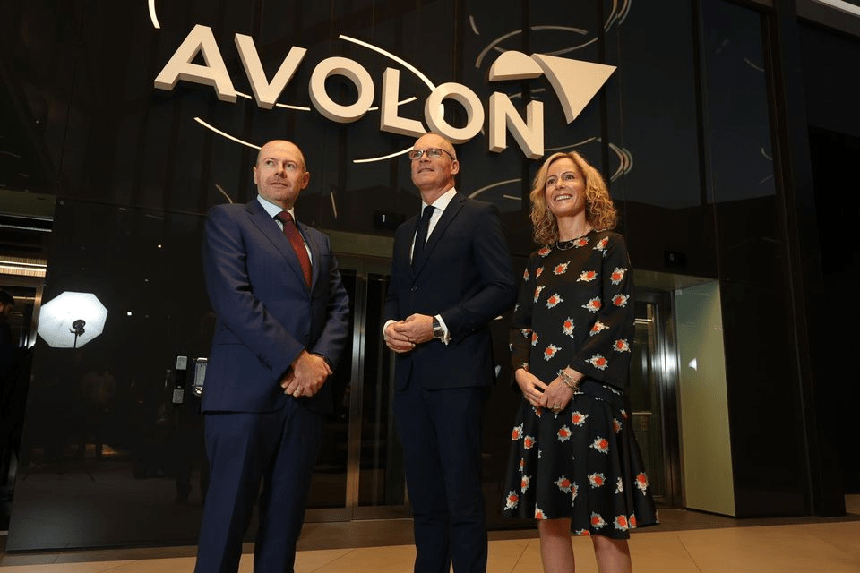In Short: A recent study suggests that Ireland could potentially commence the production of sustainable jet fuel as early as 2030. The findings underline the country’s potential to invest in and adopt innovative technologies to develop renewable aviation fuels. This initiative aligns with global efforts to reduce carbon emissions in the aviation sector and signifies Ireland’s commitment to sustainable energy solutions. The study’s results provide valuable insights for policymakers and industry stakeholders, paving the way for Ireland to play a significant role in the emerging market for sustainable aviation fuels.
In Detail : Ireland could be generating €2.5bn of revenue a year from the production of sustainable aviation fuel (SAF) by 2050 with the sector supporting 1,000 jobs by then, according to a feasibility study launched on Wednesday.
The study, backed by companies including Irish aircraft lessor Avolon, Boeing and Orix Aviation, reckons Ireland will need 10 SAF production facilities to ensure demand for the fuel is met.
SAF can be produced from sources such as vegetable oils and animal fats, but also via a novel process that uses green hydrogen combined with carbon dioxide to create fuel. They have either net-zero carbon dioxide emissions, or lower CO2 emissions that the traditional kerosene used by aircraft.
Launched on Wednesday by Minister for Enterprise, Trade and Employment, Simon Coveney, the report notes that the biggest opportunity for Ireland lies in the so-called Power-to-Liquid (Ptl) production of eSAF, a synthetic fuel made by combining green hydrogen with biogenic carbon dioxide.
Ireland has significant potential to manufacture green hydrogen, which can be made by powering the electrolysis needed to produce it from energy generated by large-scale offshore wind farms.
To meet EU-mandated SAF volumes alone, Ireland will need about 10 SAF plants each capable of manufacturing 80,000 tonnes a year of SAF, says the report.
That, according to the study, would create an Irish SAF sector generating revenue of €2.55bn a year and could provide up to 1,000 high-skilled jobs in direct and indirect employment. Further export opportunities could significantly increase these numbers, it predicts.
“Large-scale deployment of SAF and the transition of the global fleet to new technology aircraft are the two biggest near-term drivers that can progress the sector’s net zero by 2050 goal,” according to Avolon chief executive Andy Cronin.
He added: “It is going to require large levels of investment and close collaboration across many stakeholders, and we value the Minister’s engagement to explore Ireland’s sustainable aviation fuel opportunity.”
The report was prepared by SkyNRG and SFS Ireland.
The aviation sector accounts for about 2.3pc of global greenhouse emissions.
The International Air Transport Association (IATA) has set its global airline members a target of having net-zero carbon emissions by 2050.
It has forecast that 65pc of the contribution towards that goal would be achieved via SAF.
But IATA reckons that as much as 449 billion litres of SAF will be needed by 2050. Last year, just 300 million litres were produced.
Last month, The European Parliament adopted a plan to set binding targets for airlines in Europe to increase their use of sustainable aviation fuels.
The approved proposal aims to increase both demand for and supply of sustainable aviation fuels.
Fuel suppliers must ensure that by 2025, 2pc of fuel available at EU airports is comprised of SAF, rising to 6pc in 2030, 20pc in 2035 and 70pc by 2050.
Ireland has an opportunity to combine its renewable resources, skilled workforce, and the right policy environment to create a thriving Sustainable Aviation Fuel industry,” said Philippe Lacamp, the chief executive of SkyNRG.

